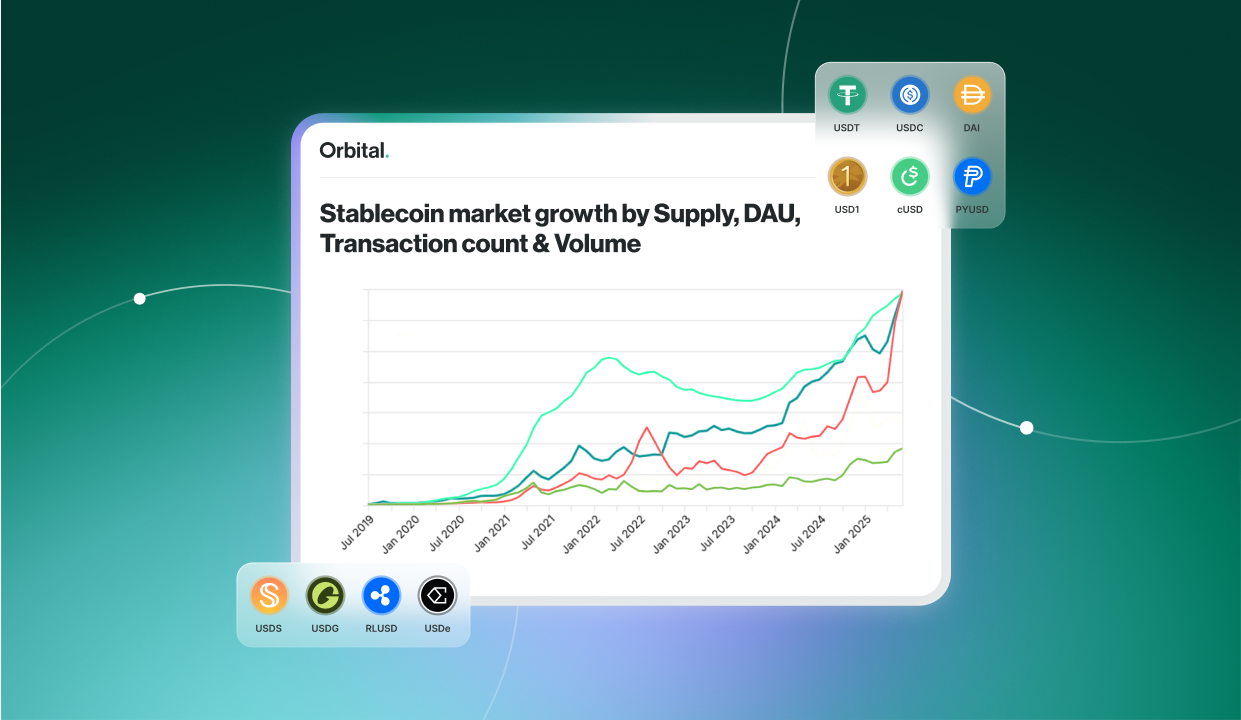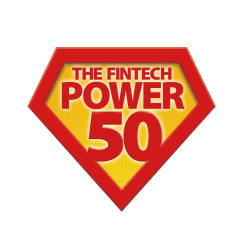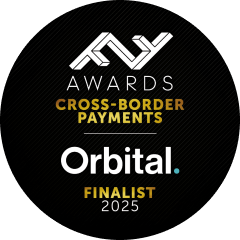Binance Smart Chain becomes leading blockchain for consumer-sized stablecoin payments

Orbital’s new Stablecoin Retail Payments Index, in partnership with Artemis and Sensor Tower, offers insights into retail stablecoin trends in Q2 2025
LONDON, TALLINN, ESTONIA, and GIBRALTAR – 17th September, 2025 – Orbital, a global payment orchestration platform across stablecoins and traditional payment rails, today released its inaugural Stablecoins Retail Payments Index. The Index offers a comprehensive view of how stablecoins are actually being used in retail payment contexts, focusing on consumer payments (up to $10,000 in value).
The Index is built on data from the Orbital Stablecoin Payments Dashboard, with blockchain data sourced in partnership with Artemis.xyz, a leading blockchain data provider, and mobile app data provided by Sensor Tower. It measures how stablecoins are being used in retail payment contexts by filtering out large business-to-business payments, cross-border money transfers, and other non-retail stablecoin use.
The snapshot, from Q2 2025, highlights the distinct use that stablecoins are carving out in retail payments, particularly in cross-border and where speed and cost matter most.
Key findings include:
Binance Smart Chain becomes leading blockchain for consumer-sized payments
Retail payments have seen a shift, with data showing Binance Smart Chain leading in transaction volumes for the first time. BSC is now used for almost half of retail payments: 45%.
Networks offering lower transaction costs, such as TRON and BSC, have been major drivers of stablecoin adoption. Aptos is now also showing notable growth, positioning it as a “chain to watch”.
USDT leads, USDC is rising, and a potential challenger emerges
USDC is the most popular token in DeFi, now controlling more than 50% of the market. This is not the case in retail payments, where USDT is dominant — the volume of USDT is more than four times that of USDC. In recent months, however, USDC has seen faster growth than USDT in retail-sized payments.
There is a potential challenger. USD1 showed a 757% increase in retail transaction volume from May to June, and accounted for around 6% of all wallet-to-wallet transfers in June.
Time zone analysis shows that this coin seems to be mostly used outside of the Americas.
Stablecoin premiums are an indicator of shadow FX rates
The cost of buying USDT and USD varies, with some markets having a significant premium on USDT bought and sold. This is an indication of the “shadow FX” market in these countries, and how they differ from the official rate.
In Venezuela, retail users are typically paying 45% more than the official market rate to buy USDT. Other notable countries with a stablecoin premium include Turkey, South Africa and Saudi Arabia.
“Stablecoins have quickly become a big part of our economy, a convenient and fast way to move money around, with over $250bn in circulation today. What’s less clear is how and where stablecoins are used for everyday retail-sized transactions, ” said Luke Wingfield Digby, Co-Founder & Head of Corporate Development, Orbital. “Questions are often asked on whether stablecoins will be part of people’s everyday experience of money, replacing or complementing the payments we make today. The answer to that question may be some way away, but Orbital’s Stablecoins Retail Payments Index gives us insight into today’s trends and where this market may be heading.”
A link to the full Q2 2025 Stablecoin Retail Payments Index, with more details of these and other insights, can be found here.
- ENDS -
Important: The views and information shared here are for general informational purposes only and do not constitute financial, investment, legal, or other professional advice. No representations or warranties are made as to the accuracy, reliability, completeness, or timeliness of the data or content provided. The analysis is based on publicly available blockchain and third-party data, subject to known limitations, assumptions, and estimation methods including but not limited as outlined in the Methodology & Limitations section. Readers should conduct their own due diligence and consult with a qualified advisor before making any financial decisions. Mentions of specific digital assets, protocols, or platforms are for analytical purposes only and do not constitute endorsements or evaluations of their quality, stability, legality, or regulatory status. Orbital does not recommend buying, selling, or holding any particular digital asset and makes no representations regarding the suitability of any such asset for any use.
Orbital is the trading name representing the Pay Perform group of traditional financial and digital asset service providers. Regulatory status of Orbital’s services differs per jurisdiction, and you may not be protected by government or regulatory protection schemes. Please see Legal Disclosures for more information or reach out to us at: hello@getorbital.com.
About Orbital group
Orbital group is an award-winning global payment orchestration platform specialised in delivering secure, seamless and compliant stablecoin and traditional payments for enterprises. It equips B2B and B2C businesses with an all-in-one platform that offers named vIBANs, stablecoin wallets, and the ability to pay-in, payout, and exchange across all major stablecoins, traditional currencies, and over 80 exotic currencies interchangeably.Founded in 2017, Orbital is the trading name representing the group of traditional financial and digital asset service providers: Pay Perform Limited - a Financial Conduct Authority authorised payment institution, Pay Perform (Gibraltar) Limited - an e-money issuer permissioned by the Gibraltar Financial Services Commission, Pay Perform Digital Limited a distributed ledger technology provider authorised by the Gibraltar Financial Services Commission, Pay Perform OÜ a virtual currency service provider authorised by Republic of Estonia Financial Intelligence Unit and Pay Perform Switzerland GmbH a member of VQF SRO, an officially recognised self-regulatory organisation (SRO) according to the Swiss Anti-Money Laundering Act.
Orbital’s multi-jurisdictional licensing framework, combined with compliance with international security standards including SOC 2 Type 2, ISO 27001:2022, CSA TPC, and Cyber Essentials Plus, enables the platform to seamlessly unify both stablecoin and traditional currency payments on a global scale.
Methodology & Limitations
The Index is based on analysis of public blockchain transaction data. Our methodology includes filters designed to isolate smaller, wallet-to-wallet transfers under $10,000, which we use as a proxy for “retail” or consumer-scale payments. The report does not capture off-chain transactions or private transfers, and should be considered directional rather than comprehensive.
.svg)



.avif)


.avif)
.avif)
.avif)
.avif)

